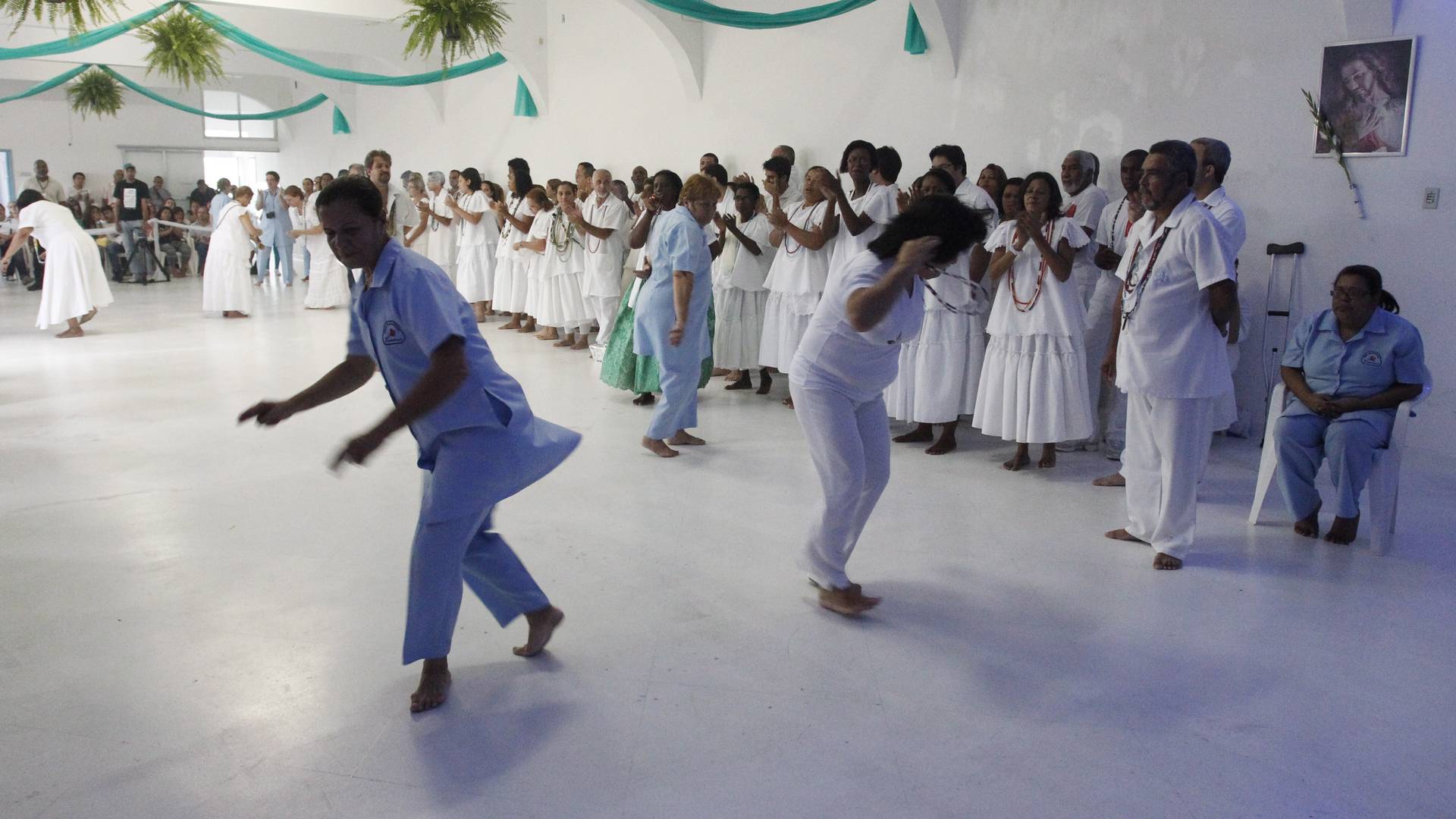By Richard Mann
RIO DE JANEIRO, BRAZIL – The Civil Police and the Federal Public Prosecutor (MPF) are working together to stop repeated attacks by drug gangs against “terreiros” (places of worship) of religions of African origin located in communities in Baixada Fluminense and São Gonçalo, in the metropolitan region of Rio de Janeiro.

Last Thursday, June 13th, men from four police stations initiated an operation to repress criminals who expelled a “pai de santo” (a high priest) in a favela in Nova Iguaçu. The MPF sought information from 120 religious groups working in prisons with the permission of the State Penal Administration Secretariat (SEAP).
According to sources interviewed by UOL Notícias, the Civil Police is investigating the denunciation that the attackers are TCP (Third Pure Command) traffickers converted by evangelical churches in Rio’s prisons.
When these criminals are released from prison and re-engage in criminal activity, they begin to persecute priests and practitioners of “candomblé”, “umbanda”, and other religions of African origin.
“There are over 120 “terreiros” affected in Baixada and São Gonçalo. Criminals were forcing dozens of “pais de santo” and “mães de santo” (high priests and priestesses) to leave their communities leaving everything behind,” explains state deputy Carlos Minc, president of the Alerj’s (Rio’s Legislative Assembly) Committee to Combat Discrimination.
Minc calls for the accountability of religious leaders who may be encouraging attacks by traffickers.
“It’s no crime for the church to be inside the prison or for someone to be converted. But we need to know who are the traffickers ordering these attacks and who converted them. They are released from prison with a double task: a drug-dealing murderer and a religious fundamentalist. Whoever is converting these people knows what they are doing and is jointly responsible for it,” the deputy says.
“We must clarify whether there is an incentive to this religious hatred,” says Federal Prosecutor Julio José Araujo Junior, in charge of the investigation.
The Prosecutor inquired 120 religious groups converting detainees in Rio’s prisons. Although there are representatives of the Catholic Church on the list, it mainly comprises evangelical churches.

